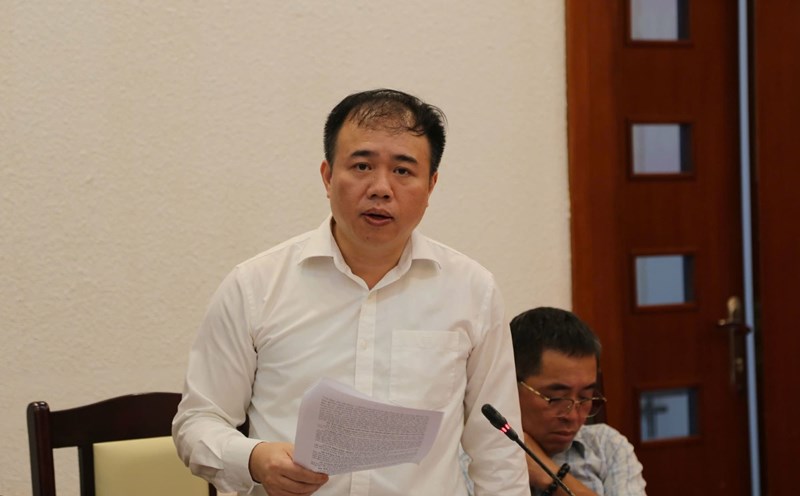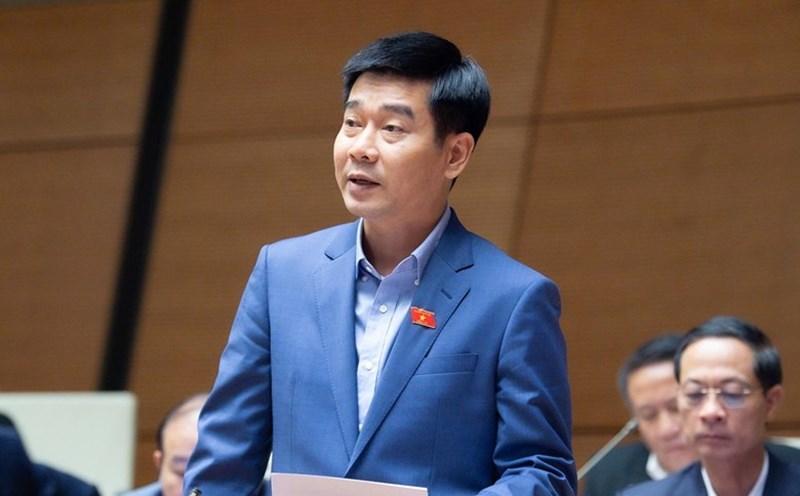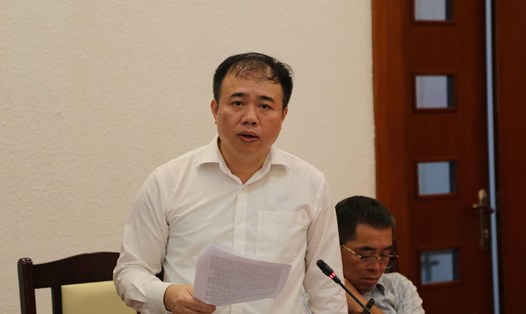According to Anphabe Company, Quiet quitting often comes from the combination of the following factors:
Prolonged exhaustion: Not enough energy to care for or make extra efforts.
Lack of recognition: Unrecognized efforts, leading to a sense of inadequacy.
Unfavorable relationships with managers: Leaders do not inspire, do not create trust.
Lack of development opportunities: Not seeing the way up or learning in the organization.
Toxic working culture: Internal competition, lack of transparency...
When all of these happen at the same time, employees do not choose to quit their jobs immediately - because they still need work, because they are afraid of risks, or simply lose hope for change. Instead, they chose to " retreat silently".
To avoid losing talent silently, Anphabe Company offers 5 ways, with a clear direction of action.
Listen truly and regularly
Conduct periodic personnel surveys, "pulses" surveys (short, continuous), organize two-way dialogues between leaders and employees. The important thing is not just to survey - but to act based on the results.
Building a fair and respectful environment
Employees do not need power - they need recognition and respect. They need to feel that their voice has weight and be treated fairly in evaluation and reward.
Design work according to ability and passion
No one wants to do meaningless work. Help employees see the impact of their work, connect it with bigger goals and create opportunities for them to do what they are good at.
Support mental health and balance of life
Quiet quitting is not just a professional reaction - it is a mental health problem. Look back at workload, flexible work policies, rest time and psychological counseling if possible.
Developing mid-level leaders - the one who keeps the fire
The team leader and the direct manager are the ones who have the most influence on the employee's working experience. Training them to become leaders who know how to listen, motivate and care for people.
In short, Quiet quitting is not an employee crisis - but an organization crisis in creating a meaningful, engaging environment.
If the business still measures the efficiency through overtime, expecting employees to "honestly" but not investing in human development, then the silent loss of talent will no longer be a risk - but a reality.












